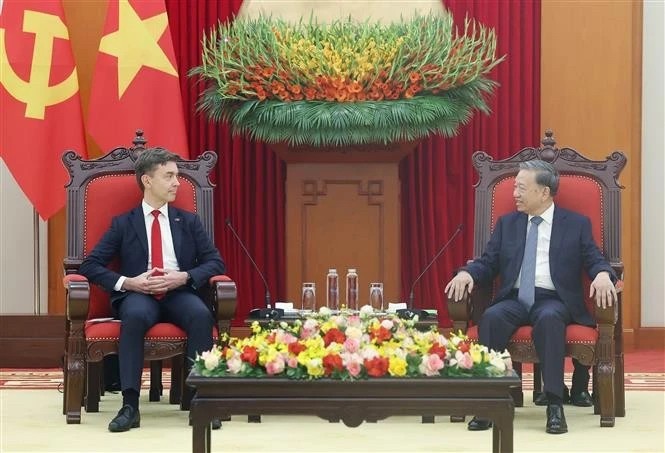EVFTA Brings Significant Opportunities for Vietnamese Businesses
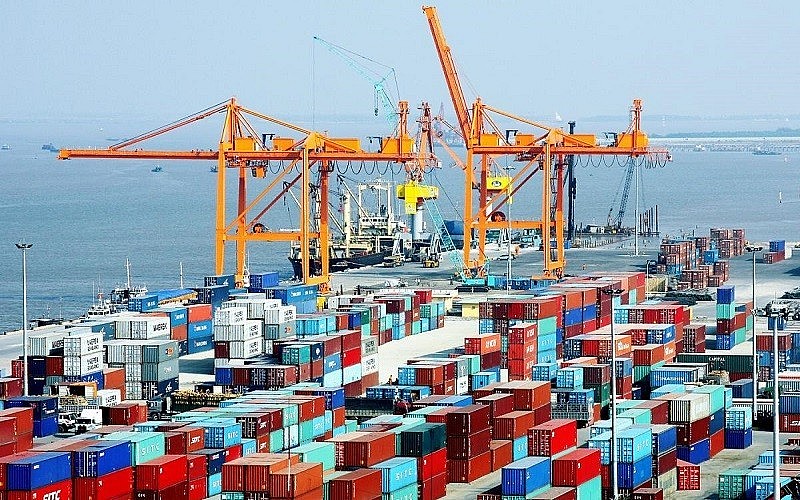 |
| Illustrative image. |
Market share of Vietnamese goods accounts for 2% in the EU market
Nguyen Thai Chuyen, lecturer in International Business, RMIT University said that most items such as phones and components, computers, shoes, machinery and spare parts, textiles, coffee, iron, steel and seafood had significant growth.
Iron and steel had a growth of more than 844% in 2021, compared to 2020, and more than 634% in 2022 compared to 2020.
 |
| Nguyen Thai Chuyen, lecturer in International Business, RMIT University. |
However, phones and components recorded a decrease of 9.5% in 2021 and 15.7% in 2022, respectively, compared to the previous year. The main reason is due to the lack of input materials in the context that the Chinese market is closed because of Covid-19, and the tension between Russia-Ukraine caused a global supply chain crisis.
Citing comments from Trading Economics, Chuyen said that the value and benefits that businesses gain from export activities are still limited, as the Vietnamese brand is not widely known in European countries. The market share of Vietnamese goods in the EU market is only about 2%.
Despite the relatively good growth, some key export items of Vietnam, such as vegetables, fruits, seafood and rice, have not achieved the expected results, and account for only a small part of the total value of EU imports.
Some commodities such as cashews, and paper products have not shown signs of growth after the EVFTA is implemented.
About 40% of businesses understand about EVFTA's commitments
The EU is a demanding market with strict quality standards, safety requirements for industrial goods, hygiene and quarantine standards for imported agricultural products, and food from abroad.
This is also another obstacle for Vietnamese enterprises because most of the raw materials for the production of goods are imported from China and other ASEAN countries, making it difficult to control quality standards.
Up to now, Vietnamese enterprises still face many difficulties in complying with the rules of origin in the EVFTA. With agricultural and forestry products, operators and traders must prove that their products are legal and do not violate regulations on deforestation.
However, Vietnam does not have a system of origin from farmers and each growing area to be able to prove to the EU.
Fishery is the industry that gets the most tax incentives. However, for nearly six years now, Vietnamese seafood is given IUU yellow card because of illegal fishing practices. The export of seafood does not take full advantage of the incentives brought by the EVFTA if the IUU yellow card cannot be removed.
According to a survey by the Vietnam Chamber of Commerce and Industry (VCCI) on the perception of businesses about the EVFTA, although nearly 94% of enterprises have heard or know about the EVFTA, only about 40% of them understand or fully understand the commitment of this agreement to their business.
FDI enterprises have the highest rate of understanding about EVFTA (43%).
In addition, businesses have not yet fully utilized the advantages of this agreement to expand to other member countries. In the 27 member states of the EU, many Vietnamese enterprises only trade mainly with 5-6 countries, while trade with other countries is still limited.
Utilize benefits from EVFTA
Europe is a fastidious market with strict commodity standards. To access this market, businesses need to make efforts to change and adapt themselves, and take advantage of support from regulatory bodies and associations.
They need to focus on improving management capacity, human resource quality, technological innovation, brand building and development, as well as establishing long-term business strategies to meet the needs and requirements of this market.
"Exporting businesses need to improve the quality of products and services, apply the high safety and environmental protection standards required by the EU, diversify sources of consumption and minimize the risk of dependence on a single export market.
They need to follow consumer trends and enhance creativity, and interact directly, continuously and quickly with customers," Chuyen said.
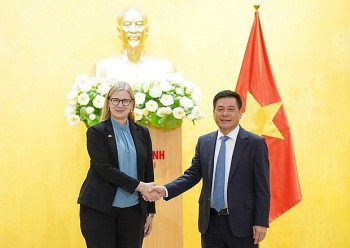 | Vietnam and Sweden Seek to Boost Trade Sweden is an important market for Vietnam in the Nordic countries. It has a lot of potential to further scale up bilateral trade. |
 | EC Official Hails Vietnam as A Model in Trade Cooperation Vietnam seeks stronger cooperation with the European Commission (EC). |
 | HCM City Fosters Economic Cooperation with Portugal’s Porto city A festival took place in Portugal’s Porto city, aiming to promote the beauty of Vietnam and its Ho Chi Minh City, and enhance economic ties ... |
Recommended
 Focus
Focus
Vietnam Leaves Imprints on the World Peacekeeping Map
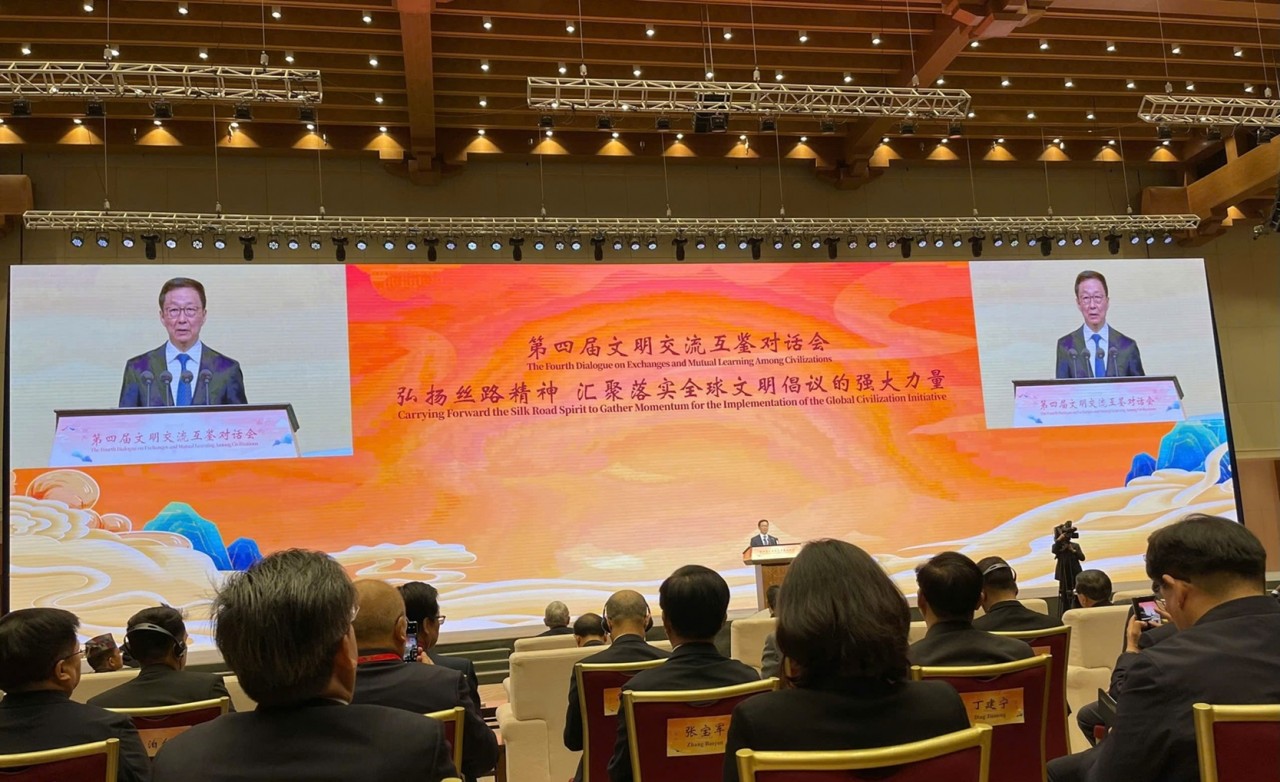 Friendship
Friendship
VUFO Attends Fourth Dialogue on Exchange and Mutual Learning among Civilizations
 Focus
Focus
Strengthen Solidarity and Friendship Between Vietnam and Venezuela
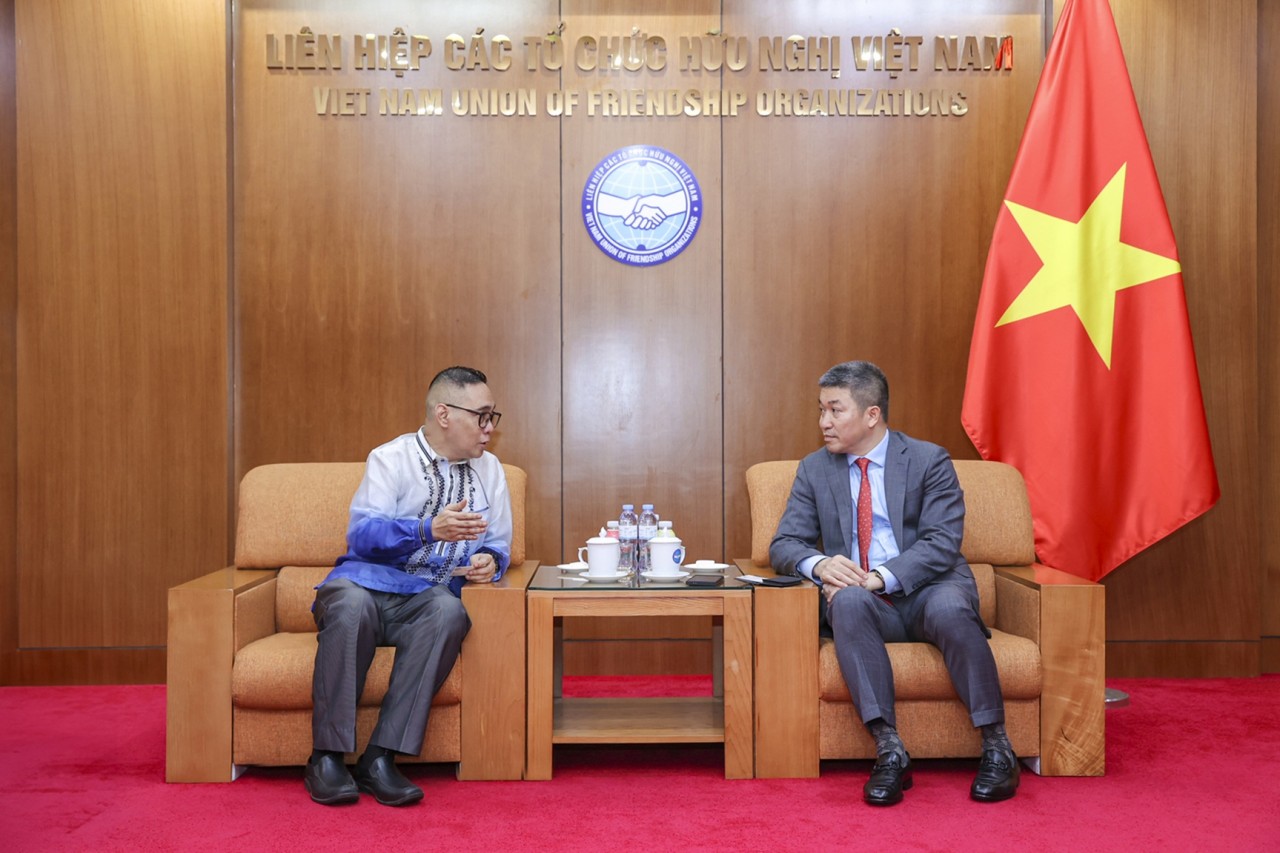 Friendship
Friendship
VUFO Supports Initiatives to Enhance People-to-people Exchanges between Vietnam and the Philippines
 Focus
Focus
"Vietnamese - Cuban Children, Deep Friendship" Painting Contest Announces Winners
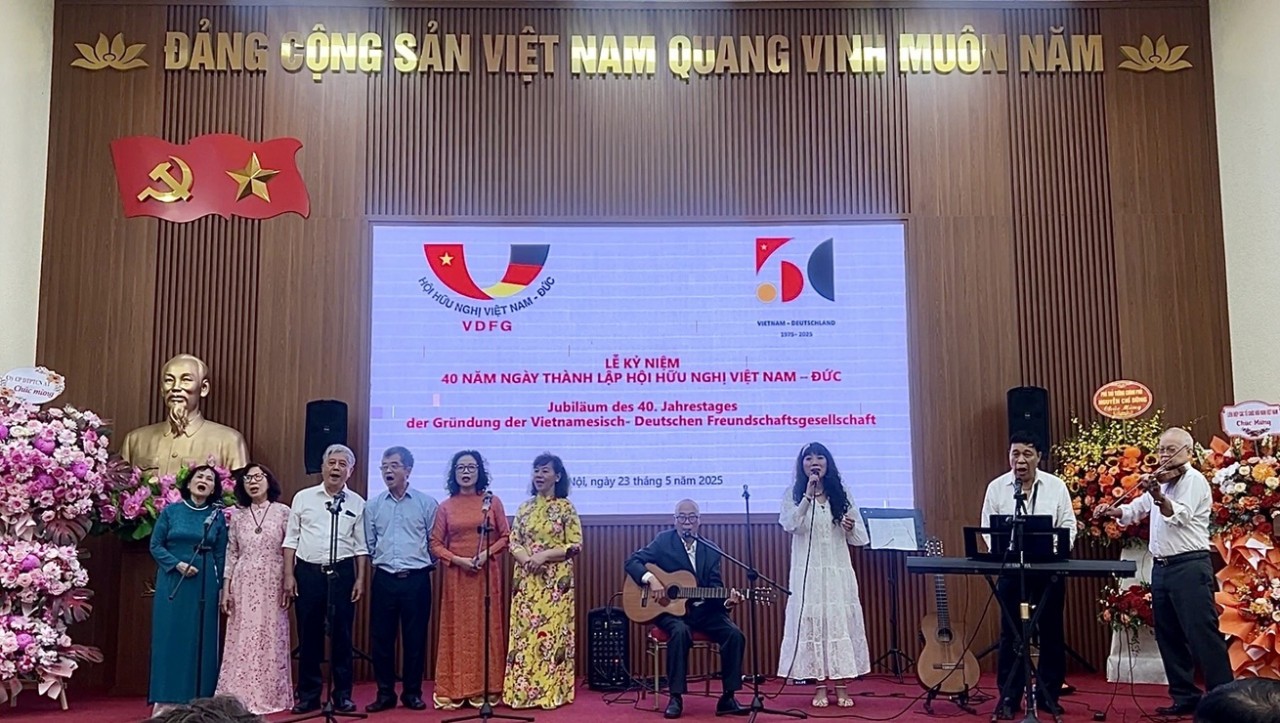 Focus
Focus
Solid Bridge for People-to-people Relations between Vietnam and Germany
 Focus
Focus
35 Years of FES in Vietnam: Fostering Dialogue, Advancing Equity
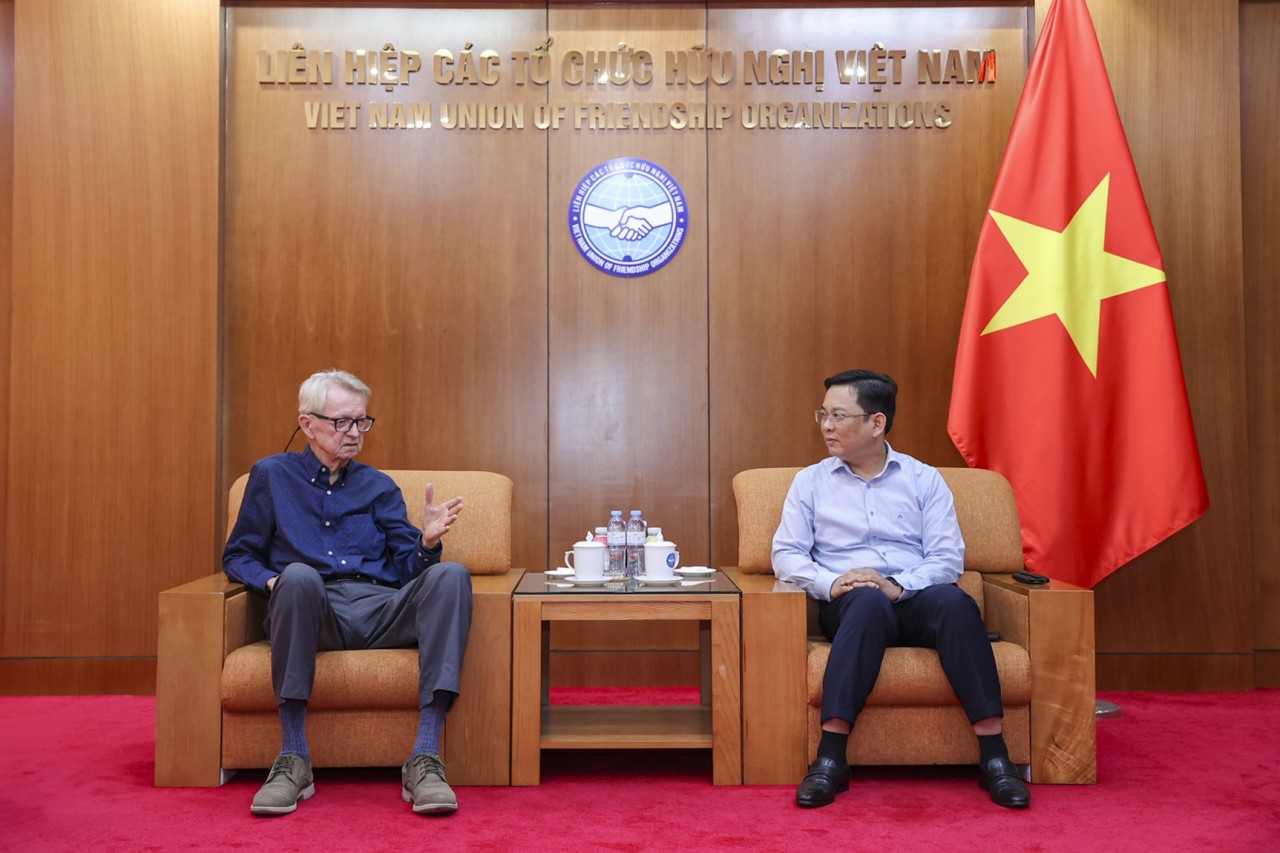 Friendship
Friendship


